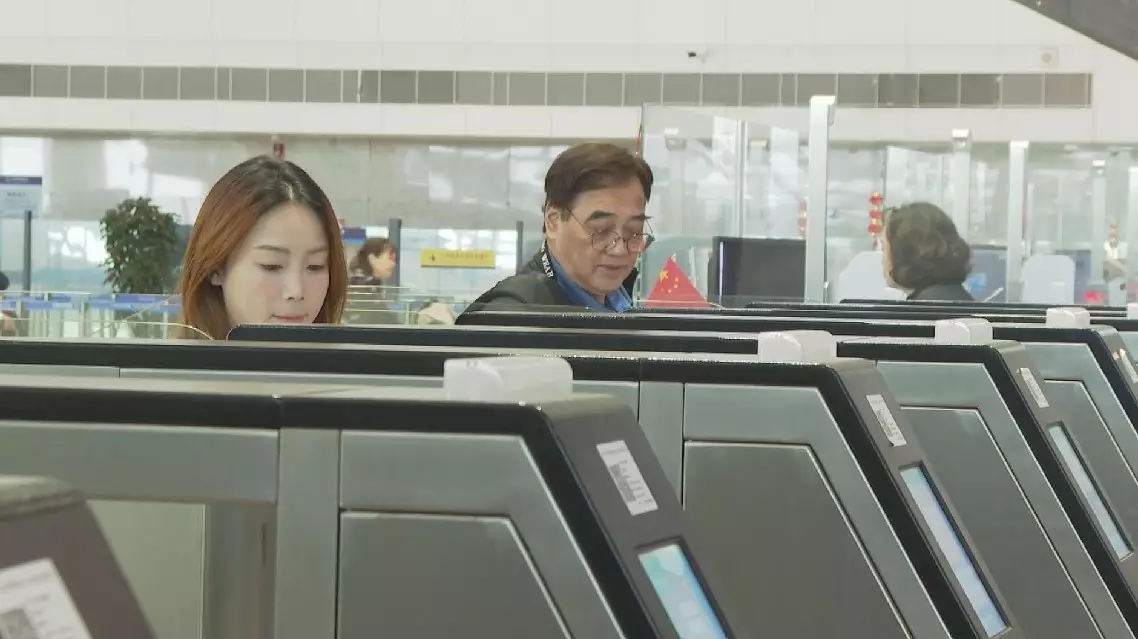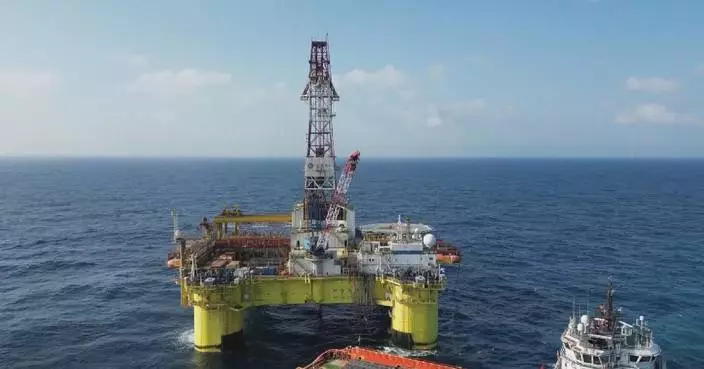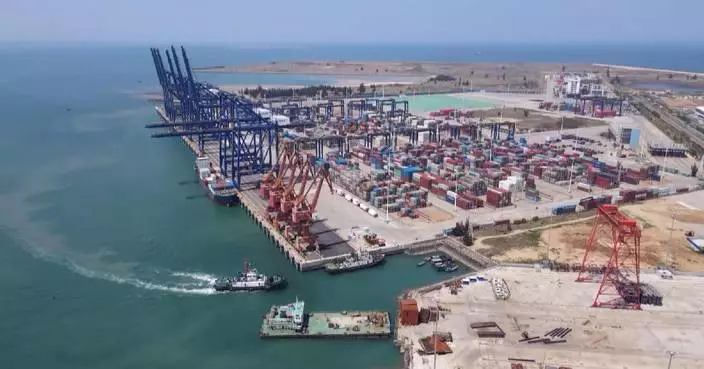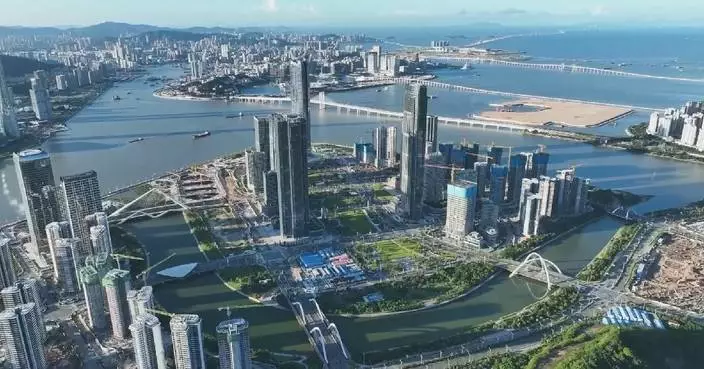With full implementation of the "one country, two systems" policy, the Macao Special Administrative Region (SAR) has achieved tangible results in actively integrating itself into China's overall development over the past 25 years.
In making arrangements for the SAR's long-term development, Chinese President Xi Jinping instructed Macao to appropriately diversify its economy, prioritize growing economy and improving people's livelihood, expand development space and foster new growth drivers amid integration into China's overall development, and effectively carry out cooperation with neighboring Zhuhai for the development of Hengqin.
During his visit to the Premier School Affiliated to Hou Kong Middle School on Dec. 19, 2019, President Xi spoke highly of the patriotic education in Macao.
Patriotic education lays a solid social and political foundation for Macao to implement the "one country, two systems" policy and guides its practice to always proceed in the correct direction, Xi said during the visit.
Noting that Hou Kong Middle School has a long patriotic tradition, Xi said he was touched when he received a letter in May of 2019 from the school's pupils who showed a strong sense of patriotism. He stressed the need to know history in order to consolidate the foundation of patriotism.
"Grandpa Xi showed great care for kids in Macao. He encouraged us to study hard and learn Chinese history well. I see from such great care huge opportunities and hopes for us young people in Macao in the future," said Liu Kai-leong, a student who welcomed President Xi during his 2019 visit.
Since 1999, Macao has been governed under the "one country, two systems" policy -- a unique arrangement that allows it to maintain its capitalist system and way of life within socialist China.
Under the "one country, two systems" policy, Macao has secured strong support from its motherland, China, and the right to govern by the people of Macao themselves, thus achieving significant development outcomes.
The Historic Center of Macao became a world heritage site designated by the United Nations Educational, Scientific and Cultural Organization (UNESCO).
The SAR was designated as a UNESCO Creative City of Gastronomy.
It was awarded the titles of Culture City of East Asia 2025, Best Convention City (Asia), and Best BT-MICE City.
"Since Macao's return to the motherland, our society has made significant progress in various aspects including politics, economy, and culture. People in Macao have genuinely felt the rights and benefits that the return has brought to them, and this feeling is very strong. Practice has proven that the 'one country, two systems' policy is beneficial to advancing national reunification, security, and the country's modernization," said Sam Hou Fai, the sixth-term chief executive designate of China's Macao Special Administrative Region.
Looking ahead, Sam said Macao will play an even more active role in the Guangdong-Hong Kong-Macao Greater Bay Area development.
He said Macao will also consolidate its position as a key platform for China to cooperate with Portuguese-speaking countries, home to some 250 million people across Europe, Latin America, Asia and Africa.
"It's incredibly important in its role serving as a platform between China and Portuguese-speaking countries," said Danilo Afonso Henriques, deputy secretary-general of the Permanent Secretariat of the Forum for Economic and Trade Co-operation between China and Portuguese-speaking Countries (Macao).

Macao achieves tangible results in integration into China's overall development









